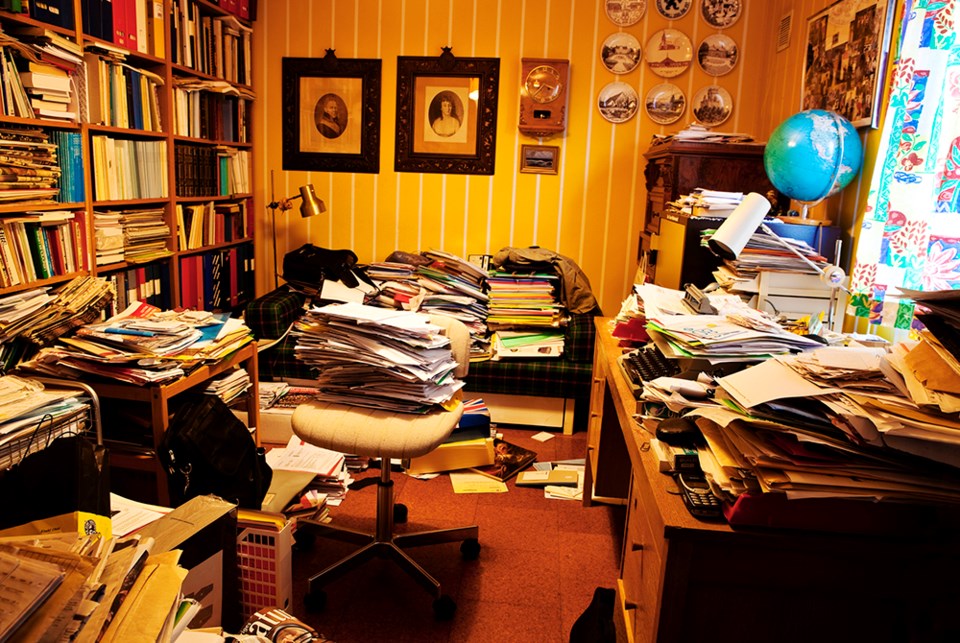Compulsive hoarding is the constant accumulation of old and new things that are not used or needed.
Overwhelming amounts of clutter can create restricted living conditions dangerous to people, especially young children or the elderly. Too much clutter in your home can be embarrassing, stressful and overwhelming.
The accumulation can start in early childhood or adolescence. The majority of people who hoard are women over 50 years old.
My first understanding of hoarding disorder started about 40 years ago. Browsing through an old bookstore, I stumbled on a book about hoarding and the Collyer Brothers.
After many complaints from their neighbours about the smell, authorities forced themselves in, only to find both of the brothers deceased, crashed by their possessions.
It never crossed my mind that I would end up choosing a profession to help people with this never-ending problem in our society.
Because of other health issues related to hoarding such as depression, anxiety, obsessive-compulsive disorder or post-traumatic stress disorder, people with hoarding disorders may be in denial, making treatment challenging. But treatment by a qualified professional can help people with hoarding disorder to understand how their beliefs and behaviours can be changed.
Because of the stigma associated with hoarding, many people live an isolated life disconnected from their family, friends and the community they live in.
People with hoarding disorder typically collect items because:
· They believe their items are unique or will be needed in the future.
· The items have important emotional meaning, reminding them of happier times.
· They feel safer when surrounded by the things they save.
· They don’t want to waste anything, feeling fear of poverty.
Excessive acquiring and refusing to discard items may result in:
· Considerable problems with safety in your home.
· Conflict with family and neighbours.
· Unsanitary issues that may compromise your health.
· Loneliness and social isolation.
· Fire or flood hazards.
· Eviction from your home.
If your loved one’s hoarding disorder threatens their health or safety, you may need to contact local authorities. Police, fire department, public health, child or elder protective services, or animal welfare agencies.
Many people who have hoarding disorders have a temperament that includes indecisiveness, procrastination and impulsiveness. If you grew up in a family where hoarding was a way of life, you might inherit the behaviour, and a few other things you don’t need or want.
Some people might develop a hoarding disorder after experiencing a stressful life event, such as the death of a loved one, divorce, eviction, being violated or losing possessions in a fire, and having difficulty coping with it.
Because of the fear of being harshly judged by family and society, hoarding is very much a well-kept secret. Therefore, people seldom reach for help on their own.
With specialized therapy and finding the cause of hoarding, people can heal and live productive and meaningful lives. For help with hoarding and other health issues, contact Chris Walford Counselling at 604.223.4415 or [email protected]. Or contact me for a free consultation at 604.578.8954.
You are worthy of living in a clean, well-maintained home. Please get help.
Life coach Ranka Burzan owns a professional organizing company based in the qathet region and has written several books on reducing clutter and becoming more organized. For information, go to solutionsorganizing.com.




